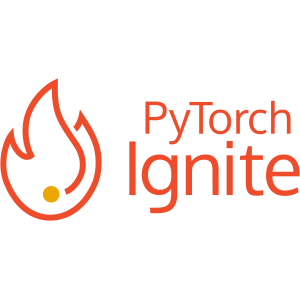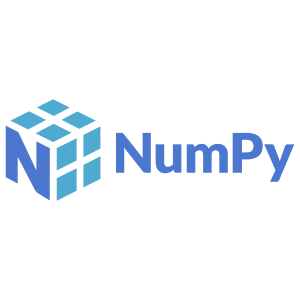What are Sprints?
Development sprints offer an opportunity to enhance and contribute to open source projects in a focused session with the project maintainers. It is a fun exercise that helps open source projects to improve with the help of the open source community.
Who can participate?
ALL experience levels are welcome to participate. Contribution guides and environment setup instructions are provided with each sprint.
Sprints Schedule
You can access the schedule of the sprints using this link.
The duration of each sprint is 4 hours.
Communication Channels
Slack
Every sprint will have its own channel on slack. Contributors should enroll in those slack channels to receive the list of issues to work on and have a space to discuss their progress with the maintainers.
Zoom
During the sprint, there will be a dedicated zoom call for that sprint which will be used for sprint introduction. Participants will be divided into breakout rooms where a maintainer will come over to support attendees when needed.
Before the Sprint
It is crucial to read the documentation and environment set up instructions to have a productive sprint. If you’re facing any issues in setting up your environment, please use slack to ask for support in setting up the environment before the sprint begins.






